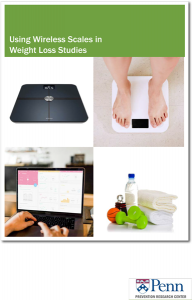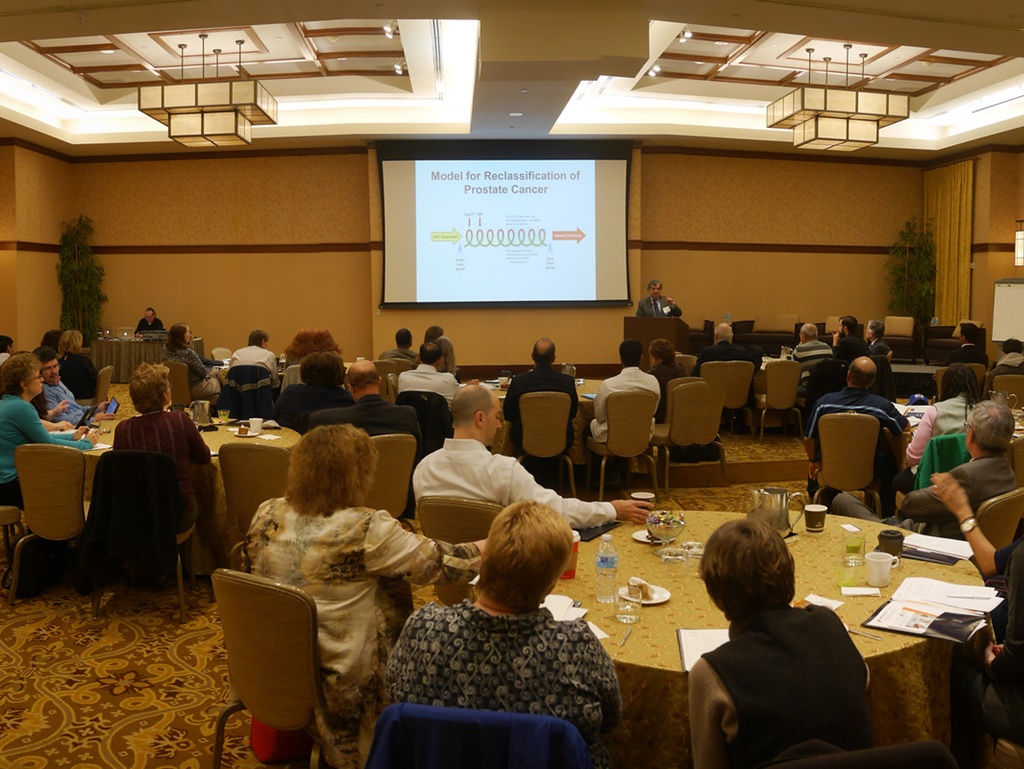
Under the direction of Karen Glanz, PhD, MPH, and Tim Rebbeck, PhD, the UPenn PRC, the Cancer Prevention and Control Research Network, and the Penn Center for Excellence in Prostate Cancer Disparities presented the Prostate Cancer Evidence Academy at the University of Pennsylvania. Nearly 100 attendees, including researchers, policymakers, survivors, and advocates, as well as physicians and other health care providers, gathered for a comprehensive symposium on prostate cancer prevention, control, awareness, and education.



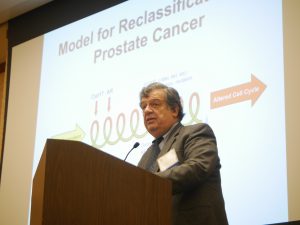
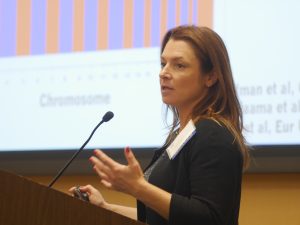
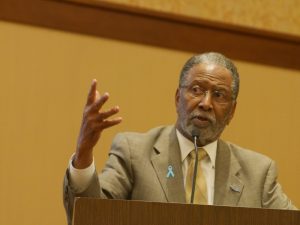
Dr. Glanz, Director of the UPenn PRC, introduced the plenary sessions and keynote.
Linda Jacobs, PhD, RN, presented at a Survivorship/Advocacy session on the Medical and Psychosocial Effects of Cancer Treatment in Survivors. Dr. Jacobs discussed the shift in prostate cancer research from cure to long-term survivorship and long-term vs. late effects of treatment. She is a Co-Investigator for UPenn PRC SIP 15-001 Self-Management Education for Childhood Cancer Survivors.
A panel discussion, “Research to Policy: Improving Prostate Cancer Outcomes,” was moderated by Neha Vapiwala, MD, University of Pennsylvania, and included Lorelei Mucci, ScD, MPH, Epidemiology, Christopher Saigal, MD, Medical Decision Making, Justin Bekelman, MD, Research and Practice, and Michael Scott, Activism and Education.
Christopher J. Logothetis, MD, The University of Texas, MD Anderson Cancer Center
“Transitioning from a Prognostic to a Predictive Classification of Prostate Cancer”
Lorelei Mucci, ScD,MPH, Harvard, T.H. Chan School of Public Health, Harvard University
“Epidemiology of Prostate Cancer Risk and Progression”
Colonel Jim Williams, MS, Pennsylvania Prostate Cancer Coalition
“Men: The Silent Majority – Prostate Cancer Advocacy”

